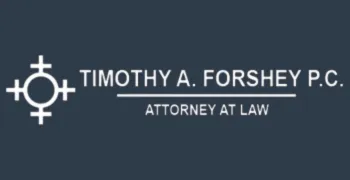Estate Planning
A sad fact is that we are all going to die. My dad died, his dad died, my great-grandfather died, and his dad, I don't know, probably dead too. Once you have started your family, it is never to early to discuss an estate plan with your loved ones. A simple will, with a living trust and durable power of attorney is actually quite affordable. Once your estate warrants the additional expense, a family trust is a fantastic addition to your plan and will allow you to avoid the probate process entirely. We can help with all of these devices in a very economical. quick and painless manner.

What is the difference between a will and a trust?
A will is a legal document that outlines how your assets should be distributed after your death. A trust, on the other hand, is a legal arrangement where a trustee holds and manages assets on behalf of beneficiaries, which can provide more control over when and how your assets are distributed. A family trust, while significantly more costly and complicated than a simple will, may be worth the trouble as it allows your estate to avoid the costly and lengthy probate process entirely.
Do I need an estate plan if I don’t have many assets?
Yes, an estate plan is important even if you have limited assets. It ensures that your wishes are honored, appoints guardians for minor children, and helps avoid legal complications and probate delays.
How often should I update my estate plan?
It’s recommended to review and update your estate plan every 3-5 years or after major life events like marriage, divorce, the birth of a child, or significant changes in your financial situation..
How can I minimize estate taxes for my heirs?
An estate planning lawyer can help you employ strategies such as setting up trusts, making lifetime gifts, or using tax-exempt transfers to minimize the tax burden on your heirs.
What happens if I die without a will?
If you die without a will, your assets will be distributed according to state laws through a process called intestate succession, which may not align with your wishes. Having a will allows you to specify how your assets should be distributed.
What documents are essential in an estate plan?
Essential documents typically include a will, a trust (if applicable), a durable power of attorney, a healthcare proxy, and a living will. These documents ensure your financial and medical wishes are respected if you become incapacitated.

